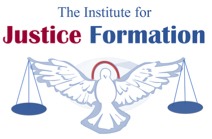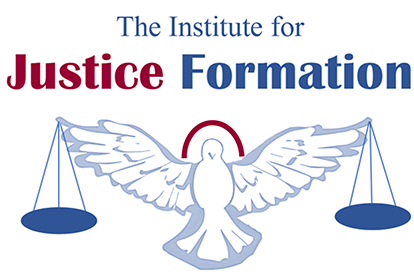Talk without tested evidence is cheap, for often such rhetoric is deceptive for the most vulnerable who crave justice and truth (Psalms 15)!
When I think of true biblical justice, Luke 4: 18-19 anchors my thoughts and actions, as a fulcrum for the spiritual imperatives to love the Lord and my neighbors (Luke 10: 25-37). As He started His public, divine ministry, our Messiah proclaimed His strategic plan conclusively (reiterating Old Testament prophecy in Isaiah 61). To be like Him, we must be anointed and sanctified by the Holy Spirit as our life’s foundation. This sanctification enables anyone to preach and demonstrate good news to the poor with compassion, empathy, and mercy [Psalms 100:5]. It motivates us to deliver captives, the prisoners of society, realizing how spiritual, mental, and physical forces are absorbed in social and cultural domains [II Corinthians 10: 3-6]. We are energized to give care and sight to the blind in persons, families, and society. For all who truly love our Redeemer, Great High Priest, and King [Hebrews 1-4], this Messianic strategic plan propels us to seek tangibly the full deliverance or rescue of all who are oppressed (Mark 5: 1-20) in order to extol the mercies of the King of all Kings, the Lord of all Lords [Psalms 110].
This divine mandate supersedes civil justice, for all laws are predicated upon social forces; hence, sociology. Above and beyond any court or legislative body is the sociology that created its superstructure and infrastructure across historical generations. If the laws and their consequences are misguided, faulty, and inept, we must correct the sociological antecedents that produced those laws as well as the injustices they illicit. Messiah knew this so well (Matthew 23) as He confronted the corrupt legal authorities of His times.
As the Supreme Sociologist, the Lord knew in Luke 4: 18-19 that biblical justice in any society is revealed in the sociology involving how the poor are treated. Loving one’s neighbor is—at its core—impossible without sociology (social interactions and relations). Justice is the good news for those victimized by society’s leaders, laws, political decisions, cultural traditions, and institutional structures. It neutralizes the power and corruption of the rich and powerful. In short, the scales of empathy are tilted in the direction of mercy wherever possible, beyond and instead of the nefarious coercion of dominance. Seeking the release of captives, the recovery of sight (healthcare) for the blind, shalom for the oppressed should be institutionalized realities for any social system infused with the generators of biblical justice (Luke 12: 13-21 and Luke 16: 19-31). Are we there yet?
By these divine criteria, our society’s laws, its fruit (Matthew 7:15-20), must be evaluated persistently with the best possible scientific rigor (Matthew 7:12). How do our leaders, churches, and citizens measure up in this global pandemic?



Recent Comments